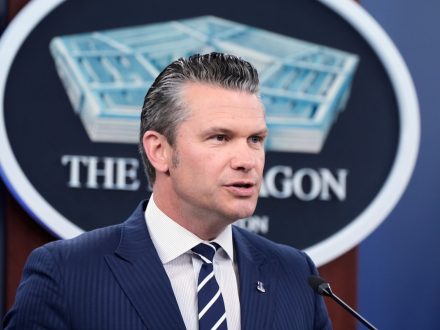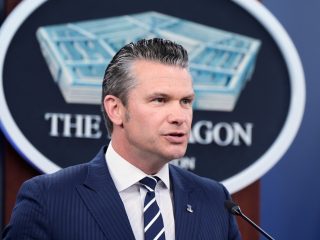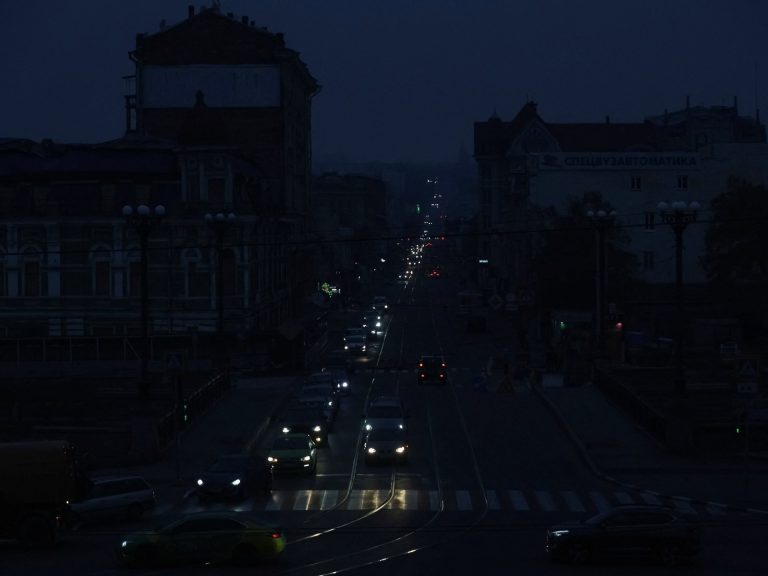Jaiden Booth has been watching viral videos of National Guard members and immigration agents deployed in cities across the country, paying close attention to how people of color are treated during raids and protests. In St. Louis, where he lives, he says he’s seen federal agents and unmarked vehicles in immigrant neighborhoods, prompting him to prepare to support vulnerable residents.
Booth attended a federal enforcement safety town hall hosted by local activists and immigration lawyers to learn how to monitor ICE activity. He opposes immigration agents or National Guard members policing communities of color, saying their presence does not make people safer and risks more negative encounters, including harassment or mistreatment of Black Americans.
Some Black police officials share those concerns. In St. Louis, crime has trended downward: violent and property crimes fell over the past year and the city’s homicide total is the lowest in years — 123 murders so far in 2025 compared with 224 in 2020, according to the St. Louis Metropolitan Police Department. Still, President Trump suggested in September that St. Louis needs federal help to address crime, saying in an Oval Office interview, “We’ve got to save these cities.”
On Oct. 1, Missouri Gov. Mike Kehoe authorized the state National Guard to assist ICE with clerical duties. St. Louis Public Radio reported that 15 guardsmen will help with tasks such as data entry, logistical support and case management. The governor’s office and the state National Guard did not respond to interview requests for this reporting.
Donny Walters, president of the Ethical Society of Police, St. Louis’ Black police officers union, said sending troops into Democratic-led cities and communities of color drives a wedge between police and residents. “This type of heavy-handed tactic is pushing us backwards instead of bringing us closer together,” Walters said. He argued the federal government should provide resources to support Black and brown communities rather than ramp up enforcement.
Walters worries that if federal agents or National Guardsmen mistreat Black St. Louisans, trust the city’s Black officers worked to build will be eroded. “Let’s say they come in for six weeks, and whatever they are doing, however they are doing it, when they leave, we now are left with the fallout,” he said. “We’re now left with dealing with the community after the fact.”
Other Black law enforcement leaders echo calls for local, community-centered responses. Renee Hall, president of the National Organization of Black Law Enforcement Executives, said cities have seen crime declines because of work by mayors, city managers and police chiefs, and that interventions should be led by city leaders and social service organizations. She criticized troop deployments and aggressive federal tactics as reminiscent of policing during the Jim Crow era and as a continuation of a history of over-policing in Black communities.
“And so now we’re deploying those same kinds of tactics that resemble the 1940s and 1950s,” Hall said. “It just sends the wrong message in the United States, when we have done so much work in law enforcement to step away from those stereotypes … and it’s performative and it doesn’t get us the results that most Americans are looking for, and that is actual results of reducing crime.”
For residents like Booth and for some Black police officials, the concern is that short-term federal deployments — even if limited to clerical and logistical support — can damage long-term community trust and complicate local policing efforts rather than strengthen public safety.



